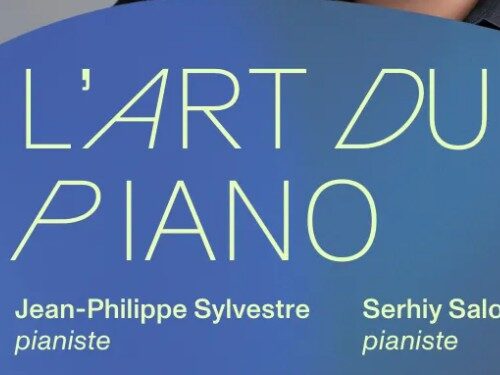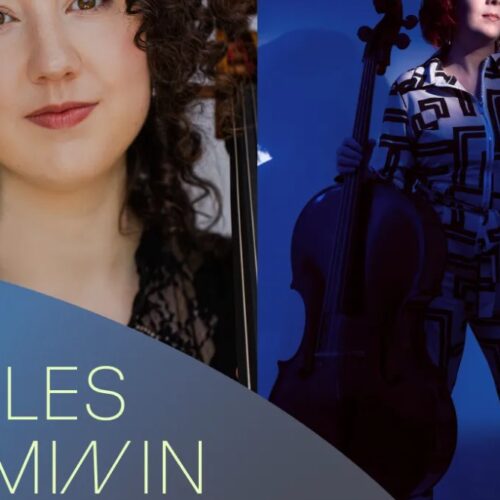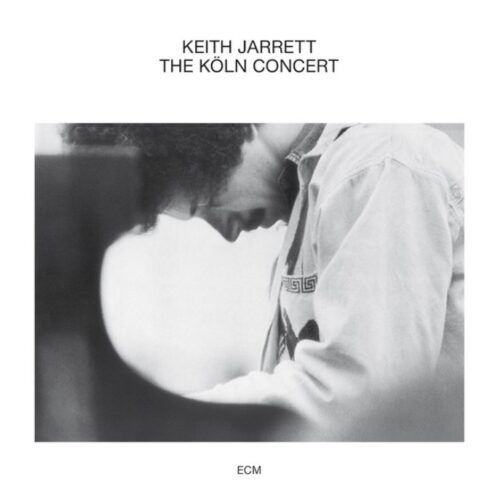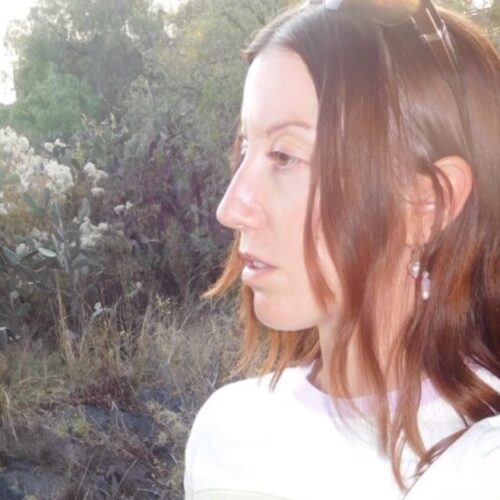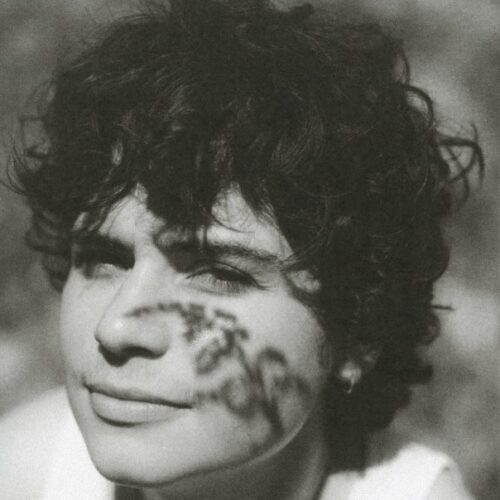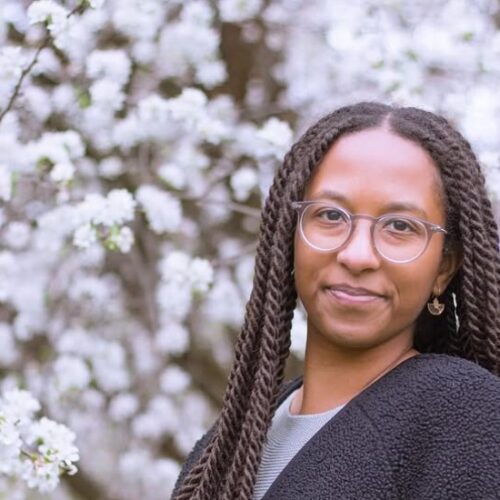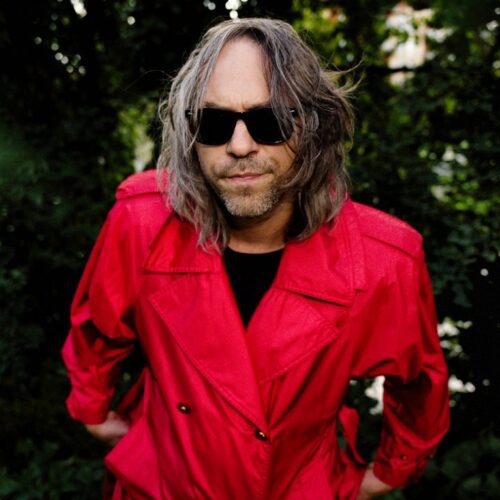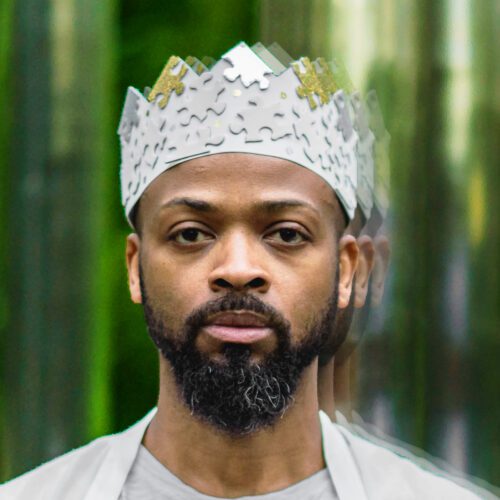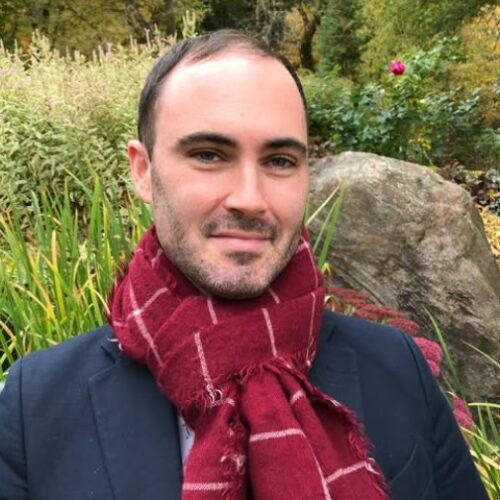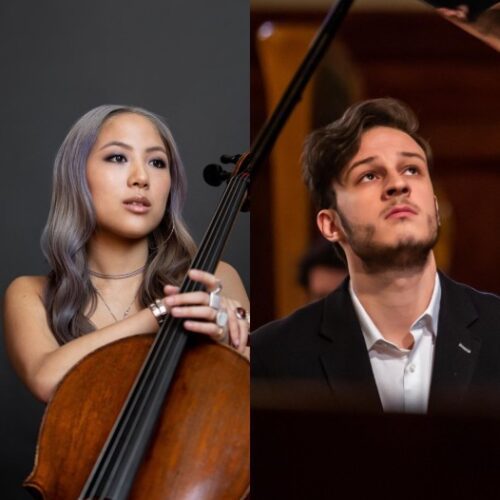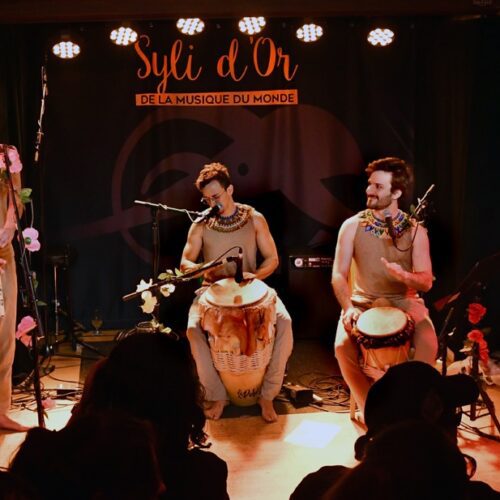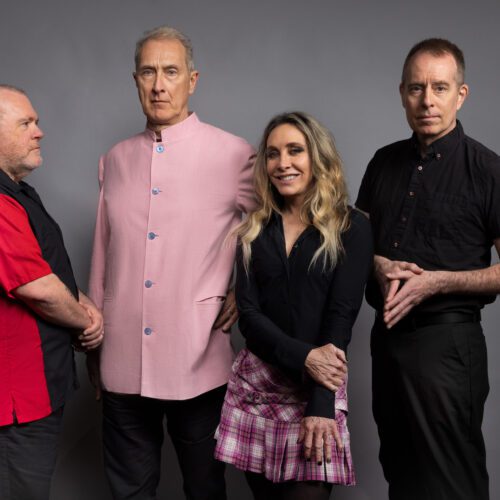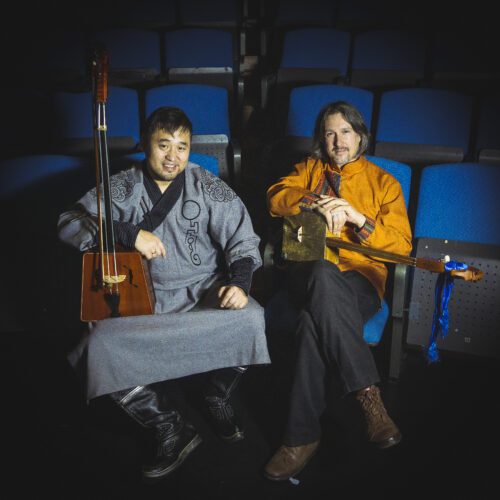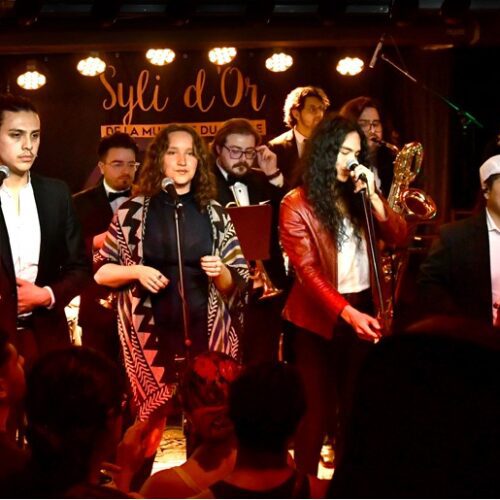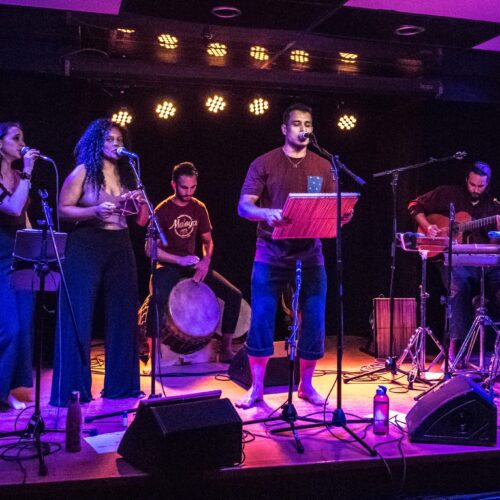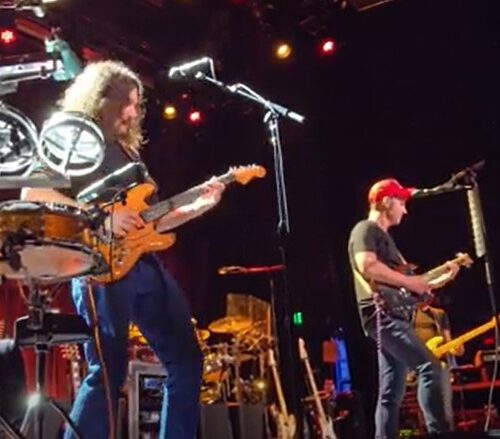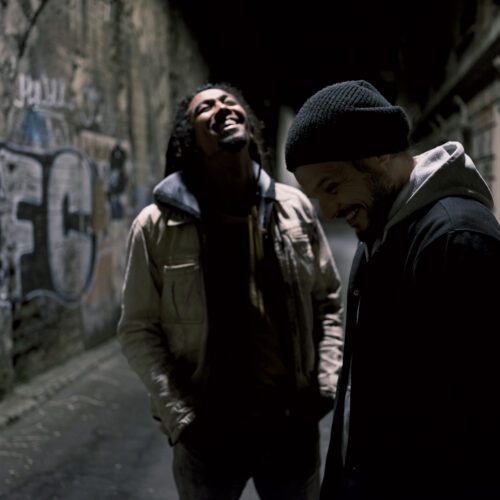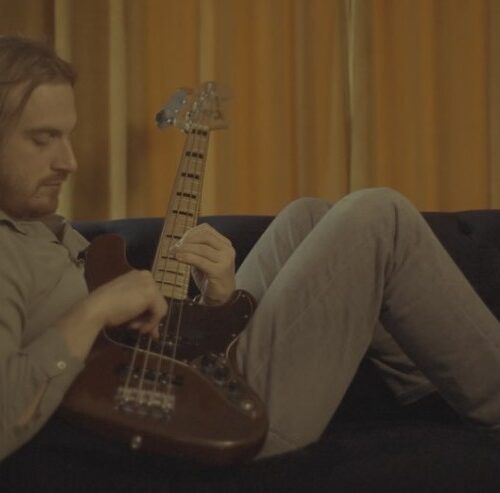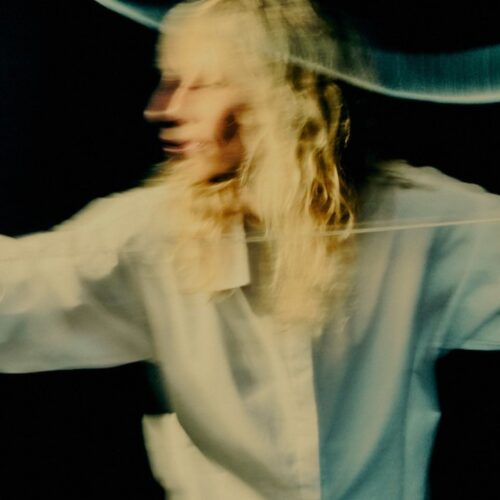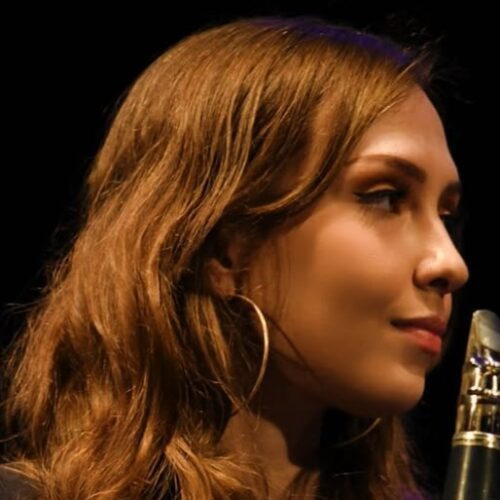Additional Information
Founded in 2001, Oktoecho is an ensemble whose sounds are as diverse as its musicians and collaborators. It combines music from the Middle East, the West, Canada’s Indigenous Peoples, and much more. Under the artistic direction of Katia Makdissi-Warren, Oktoecho works to preserve and present these deep and rich musical traditions to its audiences. Through the bridges it builds, Oktoecho brings us closer, step by step, to our roots, to the Earth, and to our humanity.
Mémoires du Monde brings together Indigenous Peoples’ music and Western classical traditions. A tribute to the women who have preserved and nurtured Inuit musical and cultural traditions, despite being banned for many years, this concert is a wonderful opportunity for encounters, exchanges and reconnecting with others.
PAN M 360 had the chance to chat on the phone with Katia Makdissi-Warren ahead of Oktoecho’s appearance at Virée Classique this Friday, August 18 at 7:30 pm.
PAN M 360: Hello Katia. Oktoecho covers a wide range of musical genres: Middle Eastern music, Arabic music, Indigenous Peoples music, Western music, or, as you say on your website, a blend of influences. How would you define Oktoecho’s music?
KATIA MAKDISSI-WARREN: It’s an encounter. It doesn’t matter, even when you know someone, you meet them. I see encounters between music and culture-bearers. I don’t always know what people mean by métissage, but for me, it’s a notion that varies over time. What is métissage today may not be tomorrow. But for me, the encounter is always present.
PAN M 360: So, encounters between different cultures, musicians and music?
KATIA MAKDISSI-WARREN: Yes, it’s about different cultures coming together, but not necessarily the same ones. It’s very much based on the Middle East, Arab music and music from the Maghreb. And indigenous music. That’s something we developed a little later in 2009. Obviously, as I also have a “classical” background, there’s also the influence of Western classical music.
PAN M 360: Is there also a form of classical, let’s say, in the sense of world music? Because, in fact, the concept of “classical” changes a lot elsewhere in the world. Classical is not necessarily classical music as we understand it here.
KATIA MAKDISSI-WARREN: Yes, there’s Arabic classical music, there’s Turkish classical music too. These are forms that have existed since the 18th century and continue today. Yes, I draw my inspiration from these types of music. And not just me, because there are other composers with me now. But it’s also an encounter with different musical backgrounds. On the whole, there are people who come from jazz music. Some come from contemporary music. And it’s the same with the Middle East because there’s as much music in the Middle East as there is in the West. It depends on the projects and the funds. We’re more likely to focus on a particular type of music, as in Trancestral, which is more Sufism, on the Eastern side. On the Indigenous Peoples side, there are six nations represented. But we have one piece, for example, which is more Gnaoua, from Morocco, which we don’t necessarily consider classical music either. Each project brings a focus to a particular musical part of each of these kinds of music.
PAN M 360: The ensemble has been in existence since 2001, with a membership and styles that have changed over time. What things have changed, or what constants have remained true since the beginning? You mentioned encounters. Is there anything else you consider to have been at the heart of Oktoecho’s mission from the outset?
KATIA MAKDISSI-WARREN: Music is really about meeting others. That’s what it’s all about. And sharing with the audience. We try to unite our differences on stage, and it’s really with the audience that we do that. After that, it becomes an exchange with them. At first, of course, it was more Middle Eastern and Western music, because my mother is Lebanese. It was really my two cultures. That’s why I founded Oktoecho in the first place. To bring together Middle Eastern and Western music. But I’d had my heart set on indigenous music ever since I was a little girl. It took a while to get into this aspect. First of all, it was an encounter, a way of thinking that’s different from that between Eastern and Western music. Sometimes, musical ways of thinking, or how to think about music, are different. With the musicians, it was a question of taking the time to get used to it, understand it and feel at ease. Once we felt comfortable between the Middle East and the West, we added the indigenous component. Which isn’t my culture, to begin with. That’s why I waited. Our collaborators have been with us from the start. One of them is Lydia Etok, who is the co-artistic director of the indigenous section, and who is a throat singer.
PAN M 360: As you say, the idea came about because you’ve always had a fascination for this music. Indigenous Peoples’ music has been on the rise for some time now. We’re trying to present it more, to present it better. Do you think it deserves a greater place on the Quebec and Canadian music scene?
KATIA MAKDISSI-WARREN: Well, it’s already started. It’s already started, because when we started working with them in 2009, we had to fight. There was very little interest, unfortunately. I say unfortunately, but it was really just because it wasn’t well known. It’s incredibly rich. So I think it’s only natural that it’s starting to become better known, and I mean it was wrong that it wasn’t known. It’s music that has incredible depth, even when it’s in the game. Because for Inuit throat singing, it’s a game. There’s a depth, a simplicity, an incredible human depth. It’s a lesson for the whole world, the whole planet. Because there’s a way of approaching music that reconnects us with who we are, who the other is, and who the Earth is, and that’s an incredible richness. You can feel it and hear it in the music. For me, it’s a lesson every time.
PAN M 360: In recent years, Oktoecho has been honoured with several nominations and awards, including the Prix Opus and the ADISQ. How do you feel about this new popularity, this recognition from the public and institutions? Do you see any changes that have led to this?
KATIA MAKDISSI-WARREN: Yes, we can really feel the interest now. We can see now how people are happy to hear about it and are curious. Even the artists with me, like for the Saimaniq project, which is based on the Inuit throat field, obviously with Arabic components in the rhythms and all that. It’s a project we started in 2010, and the first shows were in 2012. Whether it’s the awards, I’m very happy for the Indigenous communities, really, I’m incredibly happy for them and for everyone else because it brings so much to the table.
It’s one of Canada’s great assets. A country that has the most languages spoken because of the indigenous languages. I think there are 77 languages spoken in Canada. I’m just waiting for schools to teach students an indigenous language, the language of their territory. That’s my dream. That every elementary school learns at least a few phrases and a few ways of thinking in the languages of the Indigenous territory where they live.
PAN M 360: La Virée classique has a fairly diverse musical offering, with an emphasis on concert music that isn’t necessarily Western or traditional. How do you see the relationship between the music of ensembles like Oktoecho and that traditionally played in more “classical” concerts?
KATIA MAKDISSI-WARREN: I’m delighted that all classical music ensembles are open to diversity in the broadest sense. I’m talking about both Western and ethnic diversity. Within diversity, even here in Quebec, there are people from all over the world, from different cultures, even within Western cultures, whether it’s jazz, contemporary music, etc. I’m delighted when classical music ensembles open up to all kinds of diversity. Personally, I’m delighted when organizations open up to diversity because it creates a decompartmentalization that creates richness.
For me, that’s important. It’s also very important that there are still very classical programs. Very, very, very important because they’re the guardians of tradition. It’s necessary. The more we crossbreed, the more important the guardians of tradition are to me. These two poles are crucial. I don’t want everything to become diverse, because I don’t think that would necessarily be a good thing either, because you have to know where you come from. We have to keep our traditions. On the other hand, I think that, in addition to keeping our tradition as a fundamental pillar, it’s important to be aware of all the art forms that human beings can create, because that opens the door to all the emotions we have inside us that we might not otherwise know about. For me, it’s like an important emotional biodiversity.
PAN M 360: Mémoires du monde is the title of the concert we’ll be playing on Friday night. What can you tell us about the concert and what to expect? What is the guideline or idea behind the project?
KATIA MAKDISSI-WARREN: The classical world opens its doors to us. We’re also taking a step towards them. It’s with a string orchestra. So, classical musicians, plus Oktoecho artists and soloists. Among the soloists, there’s Binnaz Celik, who plays the kamancheh, who’s from Turkey, but passing through here in Montreal, and Didem Başar, who’s going to play with us, the kanun. There’s even a double concerto written for both instruments. I wrote the first movement, and Didem wrote the second, especially for them. There are also two Middle Eastern percussionists in the ensemble. There’s a pianist too. And there are the two throat singers. They’re going to have their piece with the string orchestra. There are also two other pieces where everyone plays together. It’s really like creating bridges with a more classical, more written world, closer to what you’d usually get in a Western classical concert.
We did a project like that in 2008 or 2009 called Éponyme. We’ll also be looking for two compositions from that period. It’s really more of a mix. As I was saying, with each project, there’s a part that stands out. We put the magnifying glass on a particular cultural feature. But this time, it’s really Western classical music. That’s what we’re going to focus on. With Turkish music too. There’s also a piece inspired by Andalusian music. Anthony Rozankovic wrote the piece Andalous Shoes.
PAN M 360: Different cultures often have very different ways of keeping alive the memory of the past and the origins of the world. What memories are we talking about in this concert?
KATIA MAKDISSI-WARREN: Memories of the world. The title comes from a piece called Mémoires, in which we pay tribute to the Inuit singers who have kept the tradition alive despite its prohibition. This piece is one of the works presented. I’ve been told it’s a beautiful title. It’s evocative of keeping memories alive. Never mind diversity. No matter what. It’s about keeping alive the memory of all our ancestors who passed on so many different kinds of music. I hope it’s like biodiversity. I hope we can preserve all this music, share it and pass it on.
Oktoecho will present the concert Mémoires du monde on Friday, August 18 at 19:30 at the Théâtre Maisonneuve. INFO AND TICKETS HERE.

